The views expressed in our content reflect individual perspectives and do not represent the authoritative views of the Baha'i Faith.
One day, in about 150 AD, a Jewish rabbi named Trypho and his students were walking down the road near Ephesus, Turkey.
They came upon a venerable figure dressed in the flowing white robes of a Greek philosopher. The rabbi stopped, greeted the philosopher and told him that he had been advised that whenever he encountered someone dressed like this to engage him in conversation.
At the time, the rabbi had no idea that he had met one of the more influential Christians of that era—Saint Justin Martyr. Eerdman’s Handbook to the History of Christianity describes Justin Martyr as “the most notable of the second century [Christian] apologists.”
Justin Martyr still wore white flowing robes because he formerly was a Greek philosopher who had become convinced that the Jewish prophets were true—and that Jesus was the Jewish Messiah.
Justin Martyr later wrote a book—The Dialogue with Trypho the Jew—which records the conversation he had with the rabbi. This “dialogue” begins with Justin telling the rabbi about his belief in Jesus as the long-awaited Messiah. The rabbi responded:
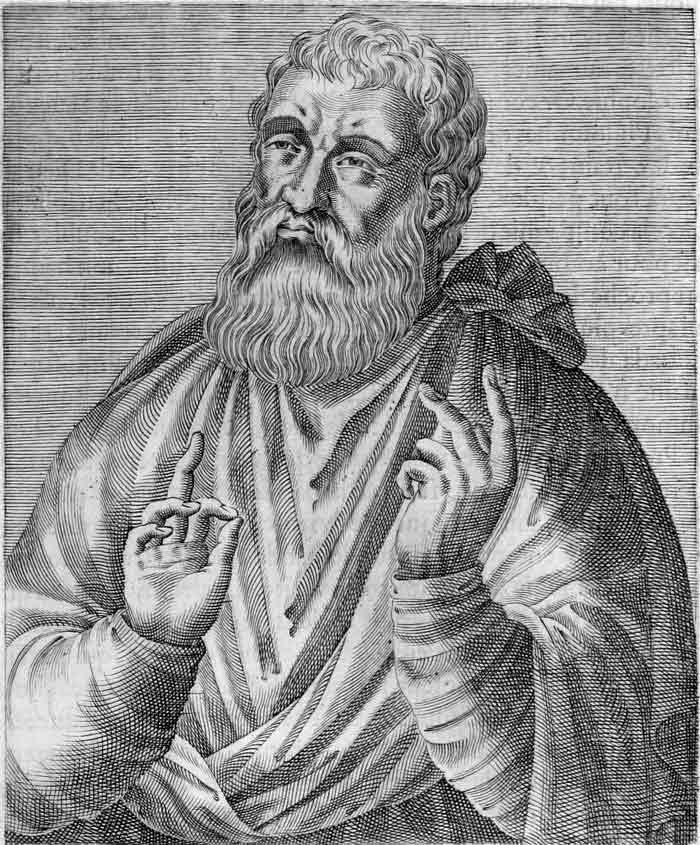
16th century depiction of St. Justin Martyr
When I (Justin) had said this, [the students who were with the rabbi] laughed; but he smiling, says, “I approve of your other remarks, and admire the eagerness with which you study divine things; but it were better for you abide in the philosophy of Plato …”
… it were better for you abide in the philosophy of Plato rather than be deceived by false words, and follow the opinions of people of no reputation … for when you have forsaken God, and reposed confidence in man, what safety still awaits you?
… but Christ—if he has indeed been born, and exists anywhere … has no power until Elijah comes to anoint him, and make him manifest to all. And you, having accepted a groundless report, invent a Christ for yourselves, and for his sake are inconsiderately perishing.
In this one short passage, Trypho revealed exactly what the Jewish people of two thousand years ago literally expected to see before the Messiah appeared.
The Baha’i teachings ask everyone to go beyond a simplistic, literal interpretation of scripture, and develop a more nuanced understanding of the true meaning behind the symbols:
Endeavor to understand the divine words, otherwise difficulties will arise. Had the Jews understood symbology, they would have understood the Christ. The holy books are full of significance and must never be taken literally. Elijah also was expected to come from heaven, and the Christ said, “Elijah is none other than John the Baptist.” The reality of John was in the supreme concourse. It is essential to have divine perception in order to see the truth, to hear the call, and obey—liberating the hearts from all earthly attachment. – Abdu’l-Baha, Divine Philosophy, p. 38.
So let’s see if we can explore and examine the Jewish prophecies about the return of the Messiah, their relationship to the rejection of Christ when he appeared, and how that same dynamic might apply today from a Baha’i perspective.
Rabbi Trypho felt that he knew Jesus could not possibly have been the Messiah, because he knew from the unmistakable text of the Jewish “return of Elijah” prophecy that anyone who claimed to be the Christ before Elijah had visibly returned from heaven would have to be a false prophet: “Behold, I will send you Elijah the prophet before the great and awesome day of the Lord comes.” – Malachi 4:5.
This prophecy became one of the primary reasons why the Jewish people rejected Jesus’ claim as the Messiah.
The Old Testament book of II Kings 2 says that Elijah the prophet had ascended “into heaven” in a “chariot of fire.” This spectacular event supposedly happened about 850 years before Christ. Four hundred years later, in about 450 BC, the Old Testament Prophet Malachi prophesied that this same Elijah, who had ascended into heaven, was also going to return from heaven to herald the coming of the Messiah—the Christ, which means “the Anointed One.”
Since no one had seen Elijah return from heaven yet, the Jewish people knew that Jesus could not possibly have been the Messiah.
Jesus himself explained how this prophecy had unexpectedly been fulfilled. One day, when Jesus’ disciples were gathered together, a group of rabbis asked them to explain how Jesus could possibly have been the Messiah when, obviously, Elijah had not yet returned from heaven. The Apostles couldn’t answer the question, so they asked Jesus: “Why do the Jewish leaders insist Elijah must return before the Messiah comes?”
Jesus answered by first affirming that this question was valid and that this prophecy was true. He said:
And they asked him, saying, Why say the scribes that Elias must first come?
And he answered and told them, Elias verily cometh first, and restoreth all things; and how it is written of the Son of man, that he must suffer many things, and be set at nought.
But I say unto you, That Elias is indeed come, and they have done unto him whatsoever they listed, as it is written of him. – Mark 9:11-13.
The disciples realized that Jesus was speaking of John the Baptist—the forerunner and harbinger of Christ’s revelation. Clearly, Jesus taught that this was a true prophecy, and agreed that Elijah indeed “must return before the Messiah comes”… but then, to the surprise to everyone there, Jesus claimed that John the Baptist had already fulfilled this prophecy.


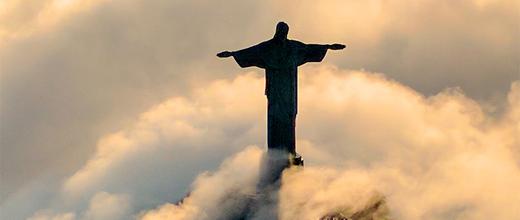


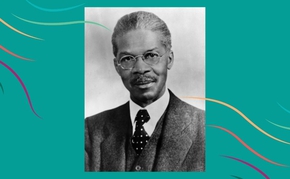
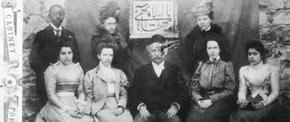
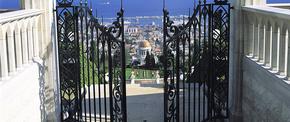









Comments
Sign in or create an account
Continue with Facebookor